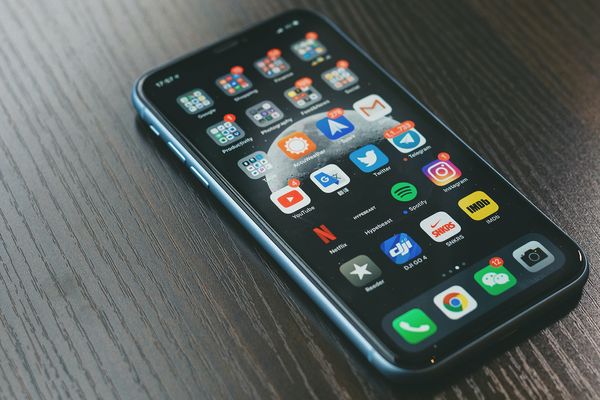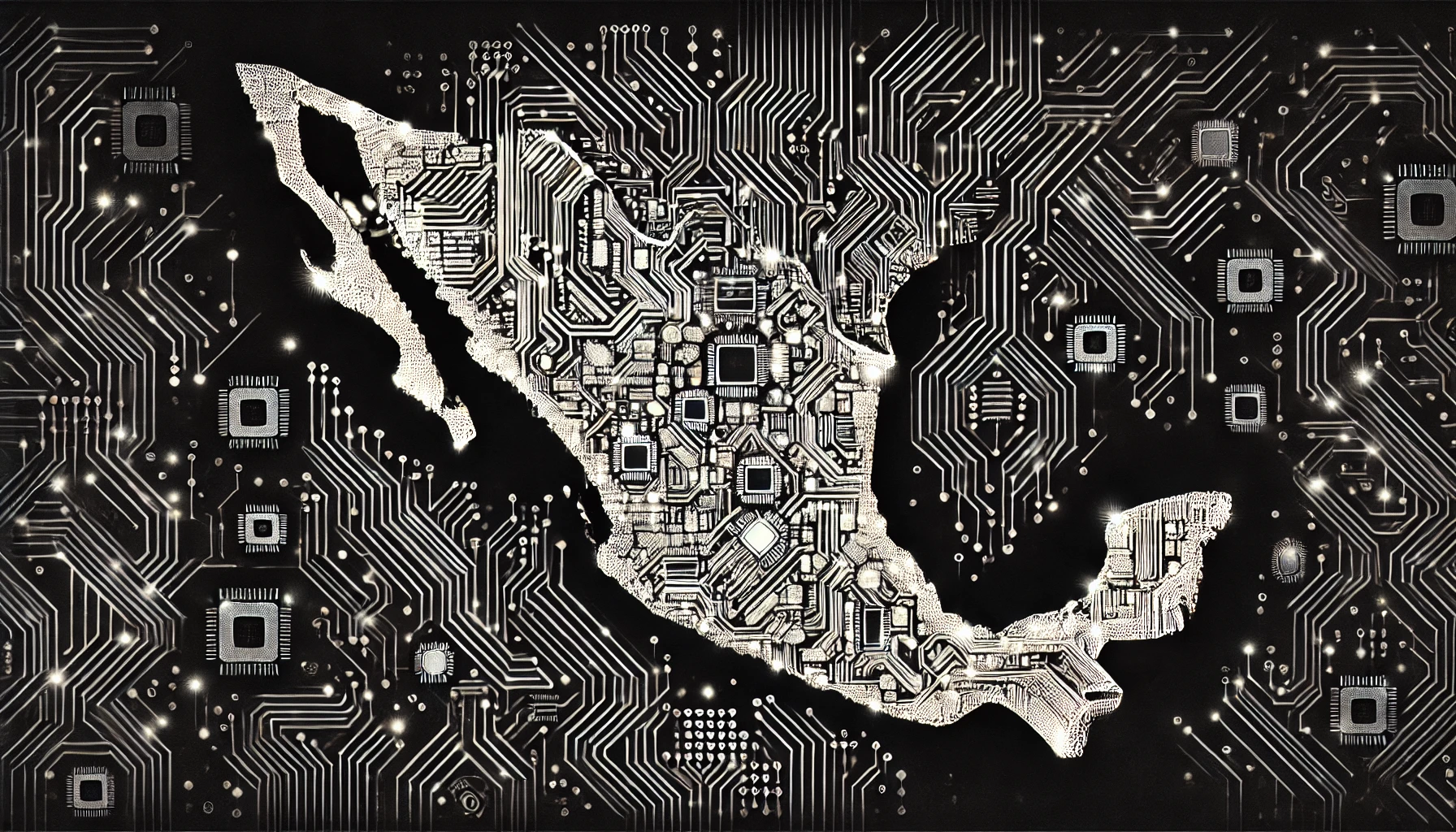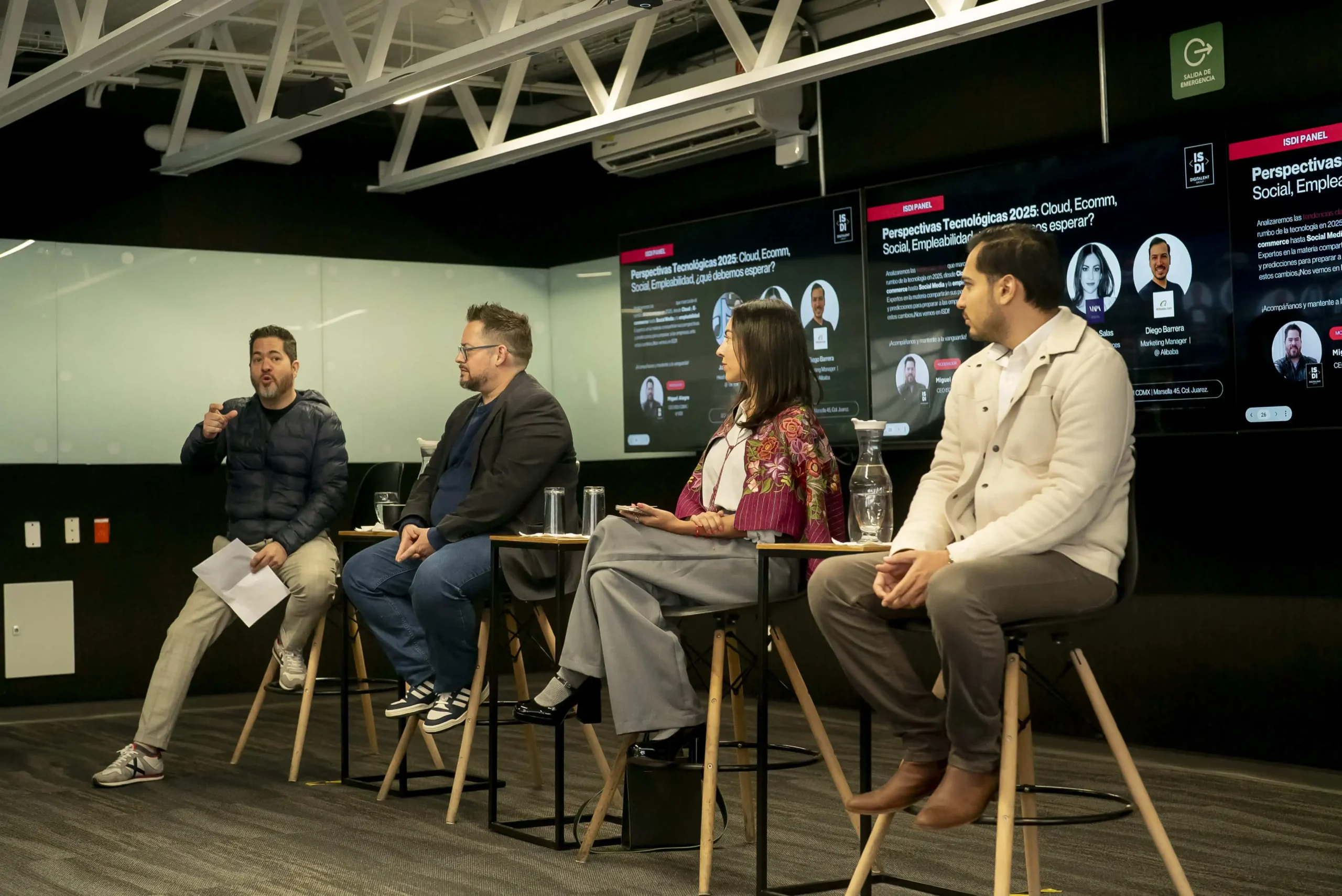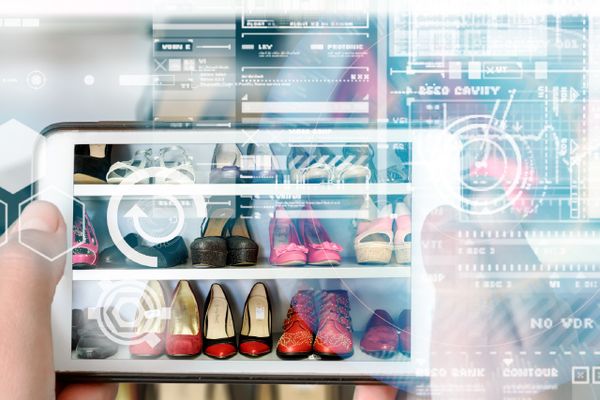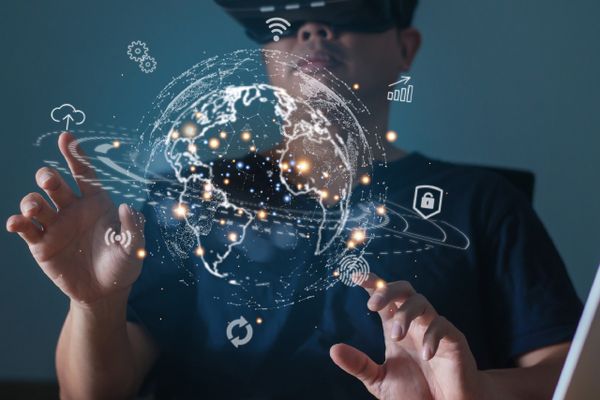By Elena and Fatima Ginebra
Everything we do on our electronic devices every day is creating data. Whether you’re online or offline, every movie you watch, every “like” you give to posts on social media, and every search you make on the Internet is generating data. Companies all over the world are constantly analyzing this data and making decisions with it, but you already know that. However, does this have any real impact on our daily lives? Does this really change the way we browse the Internet or use applications? Is data really the new oil?
The answer to each of these questions is yes. Take Netflix, for example. Netflix is an enormous entertainment-providing company whose services are available worldwide and include thousands of movies and TV shows, both produced by the company or by other production companies. As of January 2020, Netflix had 167 million subscribers all over the globe, and 60 million of which reside in the US. This means there are millions of people generating data all day long (and you are probably one of them). So, how does Netflix use all this information for user advantage?
Netflix uses analytics to turn this data into insights about its users and personalize the content they see every time they use their Netflix account to watch something. All the algorithms are designed to give the user the best experience and suggestions of what the user should watch next. According to its own sources, approximately 75% of Netflix viewing is driven by the recommendation algorithm. This algorithm is based on all activity done in the Netflix app or web page. This includes scrolling, searching, likes and dislikes, the time and date you watch content and the device you use to watch it. And from this data, Netflix tries to infer which movies you would like the most or even enjoy watching again. But it doesn’t end there. Netflix even personalizes the artwork of the content displayed on your homepage and the trailers you watch for each movie. In an interview made in 2013 to the Director of Global Communication of the company, Joris Evers, he said “There are 33 million different versions of Netflix.” Netflix had 33 million subscribers at that time. This means that if Evers were interviewed now, he would probably say that as to this day, there are just a little over 167 million versions of Netflix.
However, Netflix is not the only example of personalization of content, and entertainment isn’t the only sector in which our data is being used. At the end of 2019, Google decided to acquire the company Fitbit, one of the biggest creators of fitness trackers and one of the major competitors of the Apple Watch. Fitness trackers record a person’s heart rate, steps per day and actually, they enabled blood oxygen tracking this year. For people concerned about privacy, however, the trackers can’t link the information directly to the person. Fitbit can create reports with the collected data, but data privacy is still protected. The information provided by these watches will still be protected under Google’s ownership. That being said, the fact that Fitbit has all this data is beneficial because it is processing information on humans that humans have never had before, information about people’s health and activity. Who knows? This knowledge could potentially lead to important outcomes in the medical field, and this is only the beginning.
While all this data is being created and companies observe your activity, there is usually a point at which people wonder how much these companies really know about them. How far can the use of this data go? Could a user simply decide not to share data? Well, first of all, it is impossible not to share data nowadays. Second, if a user tried to argue that they own the data they generate, the truth is that they don’t. Data is information, and for information to belong to a person, they would have to own it, and it would be under the current system of information rights and intellectual property.
Should you share your data with big companies like Netflix or with the government? The truth is, it’s inevitable. Scott McNealy, co-founder of the computer technology company Sun Microsystems, said in 1999, “You have zero privacy anyway. Get over it.”. What some people like McNealy may argue is that the dangerous aspect to data is not the data in itself but the use given to it by organizations, especially the government. But that is a discussion for another time.
The fact is that if in 1999 McNealy was able to say this with such certainty, it makes us wonder how much privacy we have twenty years later. Even if corporations don’t get hold of our personal information such as our bank accounts, social security numbers or any other kind of unique information, user activity gives so much away about us, that they don’t even need it.
So, as a conclusion, no matter how many regulations are set, data analysts are always one step ahead and are making real-time decisions for users. They are creating personalized content for each user. That doesn’t mean it’s bad. On the contrary, it’s even preferable. It’s quite obvious Netflix would want users to watch its content, because that’s what the company makes money on. But what it’s really trying to do is simply enhance user experience and make you, the user, have a better time. And it’s not only nicer for you, it’s helping others make better decisions. In other words, personalized algorithms are here to stay. Should we do anything about it or simply embrace them, learn as much as we can from them and find a way to keep the data «private»? On a more personal note, I would suggest the latter is the way to go.



